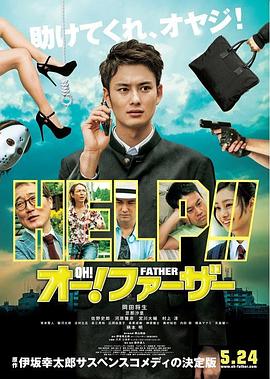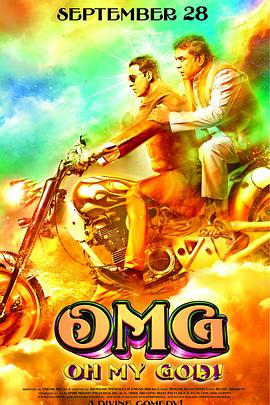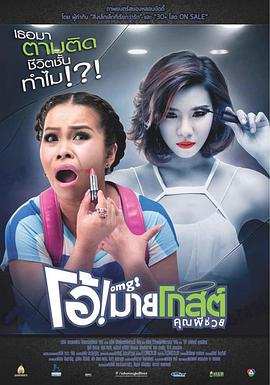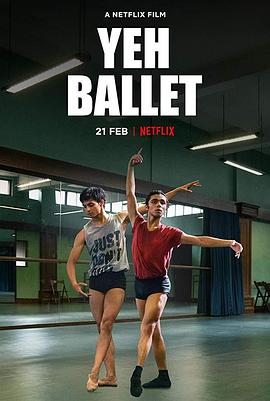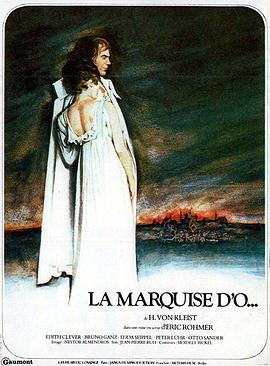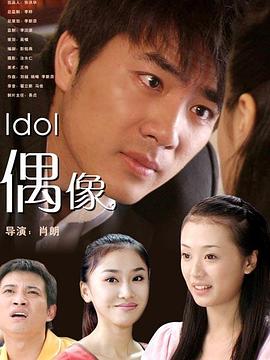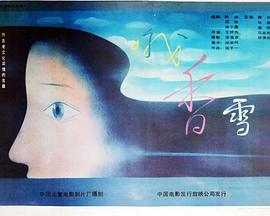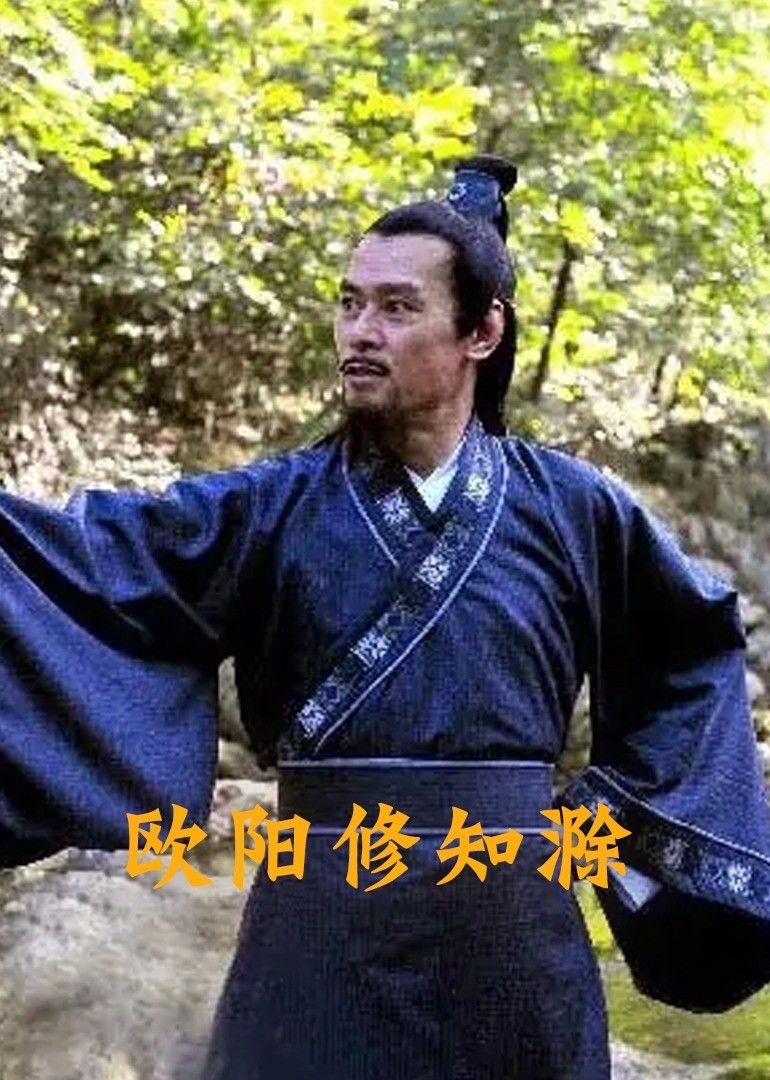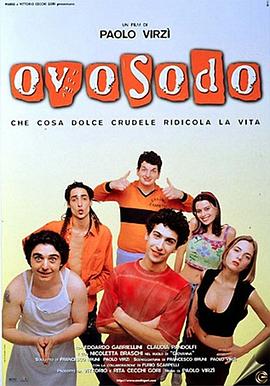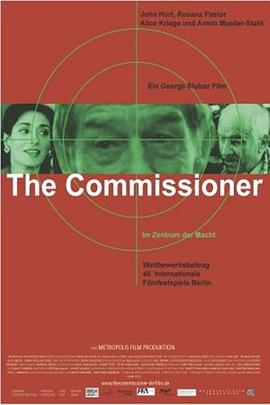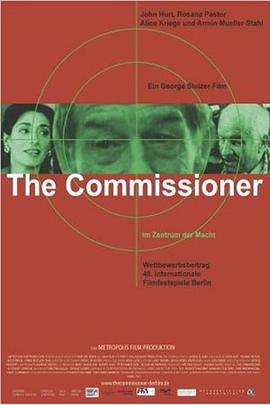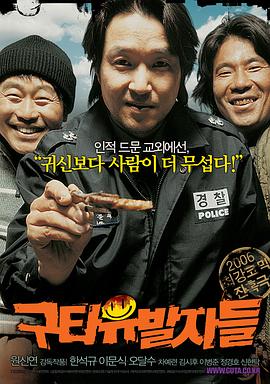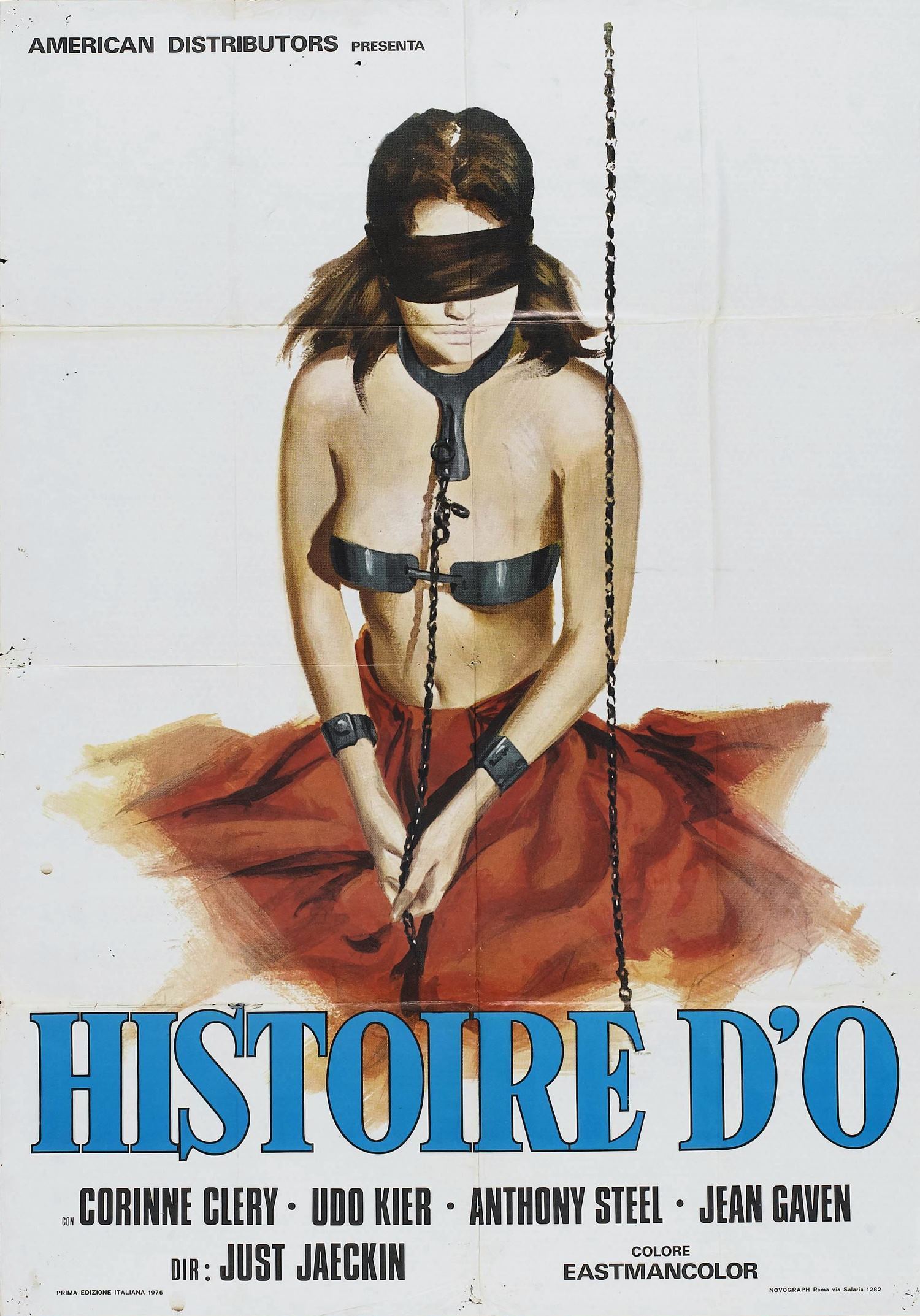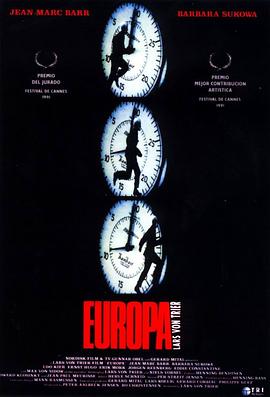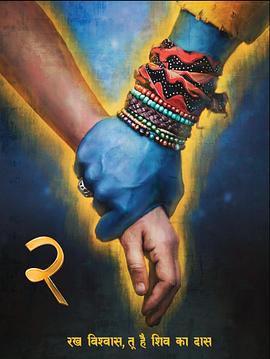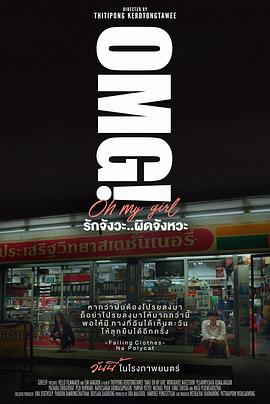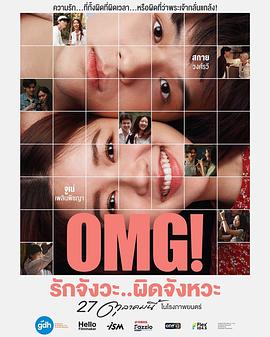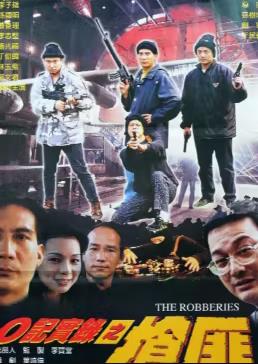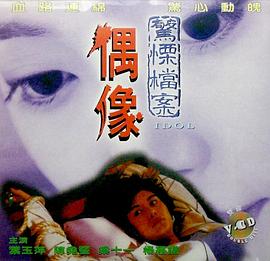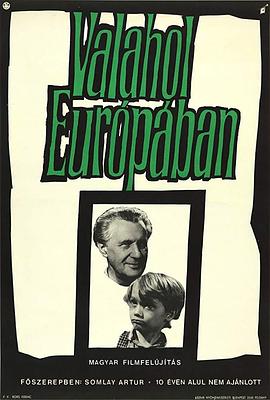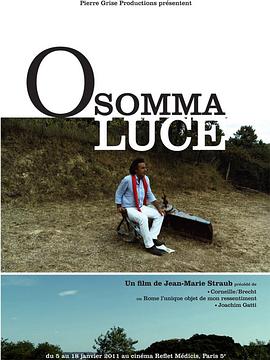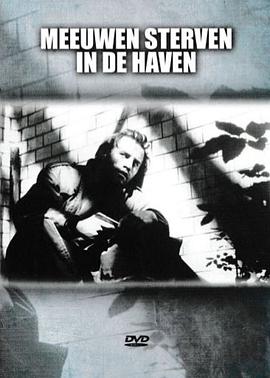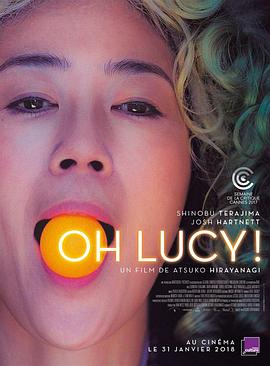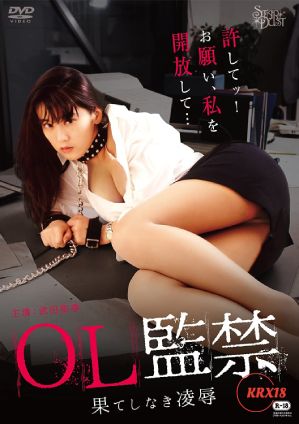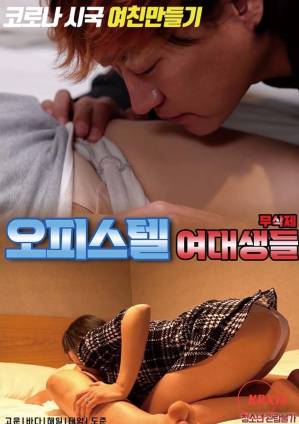影片库
影片库为你选出部影片
那是一个平凡的黄昏,鬼马精灵的高中女孩多惠子(忽那汐里 饰)追上她所喜欢的男孩由纪夫(冈田将生 饰),结果发现对方竟然有四个父亲!由纪夫的妈妈当年脚踏四条船,分别是博学多闻的大学教授悟(佐野史郎 饰)、四肢发达的体育老师勋(宫川大辅 饰)、善于安慰女性的前牛郎葵(村上淳 饰)和烂赌成性的无业游民鹰(河原雅彦 饰),每个人都不愿和由纪夫的妈妈分开,所以最终变成了奇怪的一家人。四个爸爸,四倍的乐趣和吵闹。由纪夫从他们那里得到无微不至关怀和足以受用终生的处世哲学。正值知事选举热战正酣之际,由纪夫意外卷入危险事件中。而四个爸爸为了救出宝贝儿子,齐心协力,各逞所能……
本片根据伊坂幸太郎的同名原作改编。
售卖佛像的古董商人坎杰(Paresh Rawal 饰)是个无神论者。他把佛像视为玩具,不明白那些花招百出的宗教仪式,希望把女儿培养成飞行员,把儿子培养成板球球员。古董店寄托着他全部的希望和感情。
某一天热闹的祭祀仪式上,坎杰为了把参与活动的儿子揪回去,开了神的玩笑,被教派的头目警告会遭到神的报应。当天天气突然由晴转阴,且引发了一场地震。其它店铺无一受损,唯有坎杰的店被震的面目全非。本以为投了保险可以挽回损失的坎杰被保险公司告知这属于不可抗力的天灾人祸,不在承保范围内。一无所有的坎杰一纸状书把神告上了法庭。而被告人则是那些借助神灵名义四处捞金的教派头目们。一场看似离奇的官司就这样展开,而神灵(阿克谢•库玛尔 Akshay Kumar 饰)本人似乎也对此事很感兴趣,他隐藏在人群中,来到了坎杰身边,也改变了坎杰对宗教的看法……
影片由三个短片构成——《魔法(比魔法更不真切)》《开着的门》《再来一次》。女性角色的多重性和镜像性是滨口之前的作品中的主题,在他的新作《偶然与想象》中也是如此。前作《欢乐时光》和《夜以继日》,从字面上看,颇有小说的味道,而《偶然与想象》则可以说是一部短篇小说集。叙事节奏 更强化了这一印象:三集,每集围绕一个女性角色展开,又分为三幕。三个短片讲述了一个意想不到的三角恋、一场未遂的诱惑和一个因误会而相遇的故事。尽管零散,但仍保持了有机的叙事流程,甚至还强调了这一点。虽然大部分的动作都发生在一个空间里,而且只有两个演员参与,这部电影却不让人觉得像一出室内剧。这不仅仅是由于对话的缘故,还在于其复杂的时空概念,最后一集几乎变成了科幻片。我们所见证的时刻都与感人的普遍命运相连,以选择、遗憾、欺骗和巧合为标志,它们是影片真正的主角。
Netflix开发改编自同名VR纪录短片的电影《Yeh ballet》。该片将由苏妮·塔拉普莱瓦拉(Sooni Taraporevala)执导,讲述这是关于两个来自低收入家庭的男孩的故事,他们发现了芭蕾,并通过芭蕾来逃避他们的挑战。而他们发现逃避也并不像他们想象的那么容易。
在〇(柯瑞妮·克莱瑞 Corinne Clery 饰)的内心里,有关雷尼(乌多·奇尔 Udo Kier 饰)的一切都是神圣和至高无上的,包括被雷尼带到一幢神秘的郊区别墅里接受残忍的SM女郎训练。在那里,〇如同一个动物那样失去了全部的尊严,即使是在这样的黑暗阴影里,每当想到雷尼,〇依然觉得生命充满了温暖和希望。
〇散发出了惊人的魅力,所有遇见她的男人都在冥冥之中被她所吸引,包括雷尼的表哥史蒂文(安东尼·斯特尔 Anthony Steel 饰)。渐渐的,〇明白了这个邪恶世界的生存法则,也明白自己和雷尼永远也不可能终成眷属。〇利用自己的美貌,逐渐的扩张着自己的领地,直到所有的男人都臣服于她的脚下。
阿迪是个有着百万富翁梦想的游戏玩家,塔拉的梦想却是想当个建筑师,两人有一个共同的信念,就是:傻瓜才会结婚。被彼此吸引的他们带着这个信念同居了,想在两人去国外之前好好享受爱情。同居期间发生了很多事情,有趣的、悲伤的、心酸的、浪漫的……到了离开的那一刻,两人却在选择职业还是爱情这个问题上开始迷茫。
“小暴风女”亚历山德拉·希普、尼古拉斯·汉密尔顿([小丑回魂])商谈加盟斯科特·斯皮尔执导新片[藕断丝连](Endless,暂译),故事讲述克里斯(汉密尔顿饰)、赖丽(希普饰)是对热恋的情侣,然而一次致命的事故迫使两人阴阳两隔。
两个人相爱并不难......但要在合适的时机!
「Kay」想向「Juné」表白的时机总是在不对的时候,于是经历了很长一段时间....
Kay单身
Juné有对象
Juné分手
Kay有对象
Kay分手
Juné有对象
似乎总是在错误的时间遇见彼此,但时隔多年,直到再次遇见Juné,Kay已经下定决心,尽管知道一直在绕圈子,并且此时Juné已经有了一个很好的男朋友Pete。
但似乎,老天爷一直在跟两人作对.....
香港九七年度珠宝大展,大圈仔绰号小六(杨仁安),因母亲染上重病没钱医治,心生歹念,同伙金刚、狮王、红宝。抢夺珠宝。
是日,得逞后,众人正在平分所抢来的珠宝时,发现最重要的红宝石不见了,狮王怪罪红宝,俩人争执不休,金刚劝大家分了珠宝后暂时避避风头。同时,警方也已经成立了专案小组,准备缉拿抢匪归案。时夜,狮王在桑拿浴室休闲时,被警方击毙。小六通知金刚,金刚觉得事有蹊跷,叫小六快走。没想到已经被警方包围,小六被警方就地正法,金刚逃脱,将珠宝交给女友tinna保管,自己远走他处避难。
原来,珠宝展被抢是红宝暗中勾结珠宝展经理高明,俩人里应外合造成的。红宝见金刚远走,小六,狮王已死,打算与高明分赃,但高明却想独吞赃物,将红宝杀死。
Tinna将金刚交给他的珠宝变卖后开了一家精品屋,高明以其风度翩翩的气质、豪爽的脾性,俘获了tinna的芳心。金刚返港,见tinna嫁给高明,想向tinna要回珠宝,却被高明追杀。结果,高明反而死在金刚的枪下,金刚中被警方逮捕,接受法律制裁。
Somewhere in the remote region, the war ends. In the midst of ruined cities and houses in the streets, in rural hamlets, everywhere where people still live, are children who have lost their homes and parents. Abandoned, hungry, and in rags, defenseless and humiliated, they wander through the world. Hunger drives them. Little streams of orphans merge into a river which rushes forward and submerges everything in its path. The children do not know any feeling; they know only the world of their enemies. They fight, steal, struggle for a mouthful of food, and violence is merely a means to get it. A gang led by Cahoun finds a refuge in an abandoned castle and encounters an old composer who has voluntarily retired into solitude from a world of hatred, treason, and crime. How can they find a common ground, how can they become mutual friends? The castle becomes their hiding place but possibly it will also be their first home which they may organize and must defend. But even for this, the price will be very high.
To this simple story, the journalist, writer, poet, scriptwriter, movie director, and film theoretician Béla Balázs applied many years of experience. He and the director Géza Radványi created a work which opened a new postwar chapter in Hungarian film. Surprisingly, this film has not lost any of its impact over the years, especially on a profound philosophical level. That is to say, it is not merely a movie about war; it is not important in what location and in what period of time it takes place. It is a story outside of time about the joyless fate of children who pay dearly for the cruel war games of adults.
At the time it was premiered, the movie was enthusiastically received by the critics. The main roles were taken by streetwise boys of a children's group who created their roles improvisationally in close contact with a few professional actors, and in the children's acting their own fresh experience of war's turmoil appears to be reflected. At the same time, their performance fits admirably into the mosaic of a very complex movie language. Balázs's influence revealed itself, above all, in the introductory sequences: an air raid on an amusement park, seen in a montage of dramatic situations evoking the last spasms of war, where, undoubtedly, we discern the influence of classical Soviet cinematography. Shooting, the boy's escape, the locomotive's wheels, the shadows of soldiers with submachine guns, the sound of a whistle—the images are linked together in abrupt sequences in which varying shots and expressive sharp sounds are emphasized. A perfectly planned screenplay avoided all elements of sentimentality, time-worn stereotypes of wronged children, romanticism and cheap simplification. The authors succeeded in bridging the perilous dramatic abyss of the metamorphosis of a children's community. Their telling of the story (the scene of pillaging, the assault on the castle, etc) independently introduced some neorealist elements which, at that time, were being propagated in Italy by De Sica, Rossellini, and other film artists. The rebukes of contemporary critics, who called attention to "formalism for its own sake" have been forgotten. The masterly art of cameraman Barnabás Hegyi gives vitality to the poetic images. His angle shots of the children, his composition of scenes in the castle interior, are a living document of the times, and underline the atmosphere and the characters of the protagonists. The success of the picture was also enhanced by the musical art of composer Dénes Buday who, in tense situations, inserted the theme of the Marseilaise into the movie's structure, as a motive of community unification, as an expression of friendship and the possibility of understanding.
Valahol Europaban is the first significant postwar Hungarian film. It originated in a relaxed atmosphere, replete with joy and euphoria, and it includes these elements in order to demonstrate the strength of humanism, tolerance, and friendship. It represents a general condemnation of war anywhere in the world, in any form.
The lines start with “O Somma Luce” which is the title of the film and also the 67th line of the 33rd canto in “Paradiso” of Dante’s “Divine Comedy” to the end of “Paradiso”. The film is completed with music and lines instead of emotions and narrations. This is a recent attempt to combine film with literature.
The film begins with a black screen and the music of Edgard Varese. The BGM is “Deserts” that was recorded in 1954. After some moments of darkness, the music ends and a middle-aged man sits on a hill, reciting something. He is Giorgio Passerone, an Italian literature professor, and he is reading out of the last part of ‘Paradiso’ of Dante’s Divine Comedy. Jean-Marie Straub expressed how he thinks of Dante through a subtle accent and dialect. The director who had encoded many great artists and musicians including Bach, complete the combination of Dante and Varese, which could seem strange. (Lim Kyung Yong)
本片被认为是第一部弗拉芒电影,也被认为是第一部比利时电影,曾获得第九届戛纳电影节金棕榈奖提名。故事主角是一个无人知道姓名、也无人知道来历的流浪青年,他总是于深夜时分在街上徘徊,他一直渴望坐船离开,但却因为没有相关证件而无法成行。偶然之间,他认识了一个小女孩,小女孩是战争孤儿,如今在养父母家中过得很不快乐,同样孤独的两个人很快成为了朋友,然而一个心怀不轨的恶徒已经悄悄盯上了小女孩。来源:微博@优杉stardust

